People do not have the 100% elasticity to overcome everything, despite what coaches have to believe; trying to overcome everything can be debilitating.
I have heard “I am tired”, from coaching sessions quite a lot in recent times. But where does fatigue, a lack of energy, come from and what we need to do to overcome it?
Many feel a degree of self-blame and fatigue, or lack of energy, as an inability to cope, which can be self-perpetuating, with potentially short- and longer-term negative consequences.
Michael Watkins, a personal hero, and practical yet inspirational thinker to me, describes personal energy in 5 categories:
- Physical – vitality and general health
- Mental – clarity and focus
- Emotional – regulated emotions
- Spiritual – motivation and values
- Social – relationships and environment
Fatigue could be due to anxiety, or lead to anxiety, triggering the amygdala “flight or fight response” which does not allow for optimal performance in work or personal life. In my experience, the feeling of fatigue, or lack of energy, may be caused by short-term situational circumstances, potentially physical, a feeling of lack of capability in circumstances out of our control, a perceived mismatch of our expectations versus reality, personal trauma, where personal values are being compromised, or even lack of understanding of the effort and focus required to deliver what is required. These in many situations can be supported with the right situational coaching.
Whatever the cause, or symptoms perceived or displayed, fatigue impacts behavioural choice, leading to frustration behaviours that can damage relationship. It can be being seen as irritable and lacking self-awareness control, or potentially manifest as depression.
When someone describes themselves as fatigued or tired my internal thoughts are trying to get to the cause. “What is going on that makes you feel like this?”. I offer questions investigating Michael Watkins 5 energy categories until we can work out the answer to “Something has to change, but what?”
I am a Coach, not a trained therapist or counsellor, and as such I tend to work with those perceived as capable, ambitious individuals in enhancing their self-awareness, sharing process and behavioural change to guide them to their personal goals. As such there is an underlying assumption that we are working with “absolute positive regard”, with our clients. It is however our responsibility to recognise any psychological pathology which unsupported could put the client in a less positive position. These individuals should be referred to professionals more experienced and qualified than I in a better position to help them.
There is a condition, that manifests as fatigue that can be described by:
- Withdrawal and avoidance of social interaction
- Feeling regularly particularly irritable
- Constantly tired irrelevant of levels of activity
- Struggling to concentrate and procrastination
- Constant worrying about past and future events
- Adopting unhealthy coping mechanisms
It has been described as High Functioning Depression, for which as a Coach I am not equipped to deal with. I have referred some to better equipped professionals, and some clients were taken on and I have lost them, as they never came back to me.
As a Coach I am not perfect for everyone, but as a Coach the symptoms may be easy to recognize and find solutions for. There are potential solutions and behavioral choice that also it is the role of a coach to help you explore them. However, I would rather people be looked after well, working with the causes of the issue, than me letting them down as ill equipped to support underlying psychological issues, or them not getting help at all.
When do you realize that some individuals may be better supported by other trained professionals?
Simon Crockett
Founder and Head Coach
To find out more email enquiries@thecareerleadershipacademy.com
Michael D. Watkins is a cofounder of Genesis Advisers, a professor at IMD Business School, and the author of The First 90 Days and Master Your Next Move
- Leading the Team You Inherit – Harvard Business Review https://hbr.org › 2016/06 › leading-the-team-you-inherit Michael D. Watkins is a cofounder of Genesis Advisers, a professor at IMD Business School, and the author of The First 90 Days and Master Your Next Move
- THE BREAKTHROUGH BIOLOGICAL EXPLANATION OF THE HUMAN CONDITION – https://www.humancondition.com/?gclid=Cj0KCQiA4uCcBhDdARIsAH5jyUlBNCX8op3xHircOOdyl-D8mZWR1HAB1FjV_JRdHPHHR3wiHU_dVUAaApigEALw_wcB
